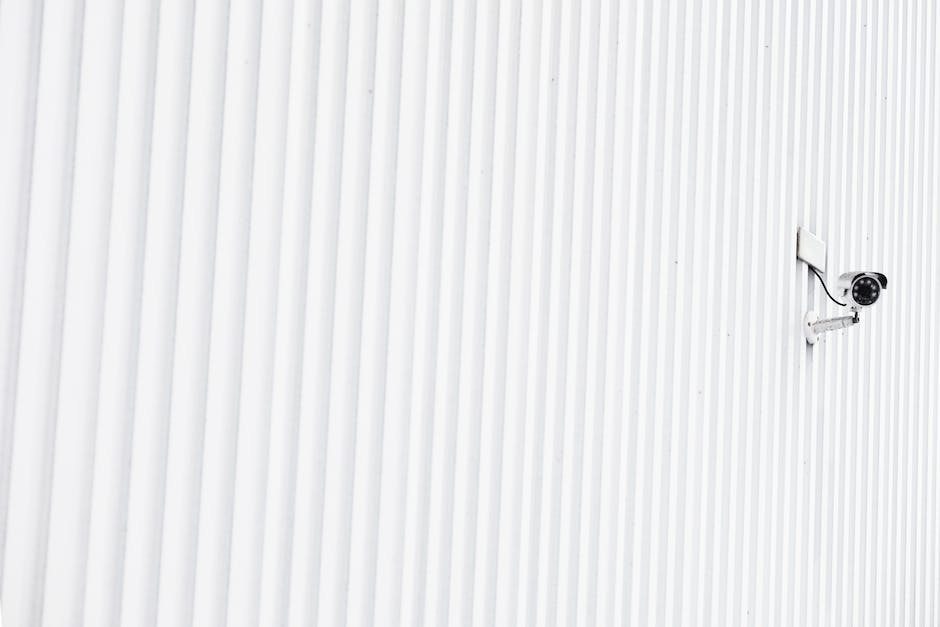With the continually increasing number of cyber threats and data breaches, it’s important to be aware of the potential vulnerabilities of home security cameras. These cameras provide a range of benefits, including allowing users to monitor their homes in order to protect against intruders and burglars, as well as view any suspicious activity. However, it’s equally important to understand the risks associated with them, and how to protect yourself against any potential security issues.
Security cameras can be electronic or optical, and they can be installed either externally or internally. Externally, they can be free-standing or attached to a wall. Internally, they are usually mounted to the ceiling or wall and can even be integrated with a security system that is connected to the home’s Wi-Fi.
The ability to monitor activity at your property is one of the biggest benefits of security cameras. They provide homeowners with a real-time view of their property and are especially useful for detecting any suspicious activities. For example, if a burglar tries to break into your property, the security camera would be able to detect it and alert the homeowner. This could be critical in helping to prevent any potential break-ins or burglaries.
In addition to providing an extra layer of security for homeowners, security cameras can also be used for other purposes. For instance, many parents like to use security cameras in order to monitor their children when they are not at home. This can help to ensure that their children are safe and secure, and can be useful if there are babysitters or other caregivers coming in and out of the house.
However, it’s important to understand the risks associated with home security cameras before installing them. One of the most obvious risks is the potential for malicious actors to gain access to the system. This could include hackers attempting to hijack the camera and gain access to any recorded footage. In addition, it is also possible for malicious actors to intercept the data being sent from the camera to the router or home network.
The best way to protect yourself against these threats is to make sure your security camera is connected to a secure network. This means that it should be password protected and encrypted. Additionally, you should make sure to use the latest version of any software that is used to control the security camera, as this will help to ensure that the system is secure and up to date. It’s also recommended that you regularly back up your security camera’s footage, as this will help to ensure that any important data is not lost in the event of a malicious attack.
In addition to ensuring the security of your security camera, it’s also important to be aware of any privacy issues that might arise. Some security cameras come with security features that allow the owner to limit access to certain areas of their property. While this is a great way to protect against unauthorized access, it’s also important to be aware that any recorded footage could be accessed by a malicious actor if they were able to gain access to the network.
To protect against this, you should make sure that you limit access to your footage to a select few people. This could include family members or trusted friends. Additionally, it’s important to be aware of any potential legal issues that could arise from using the footage in any way. This could include using the footage for any marketing purposes without the homeowner’s permission.
Finally, it’s important to be aware of the potential environmental risks that can arise from security cameras. These cameras could cause problems such as glare and reflection, which can be distracting and can impact any attempt to view the footage. Additionally, any security cameras that are placed outdoors could be damaged by harsh weather conditions.
Overall, it’s important to understand the potential benefits and risks associated with security cameras before deciding to install them. While these cameras can provide a great layer of security and peace of mind, it’s important to be aware of the potential security issues and privacy threats that could come with them. By following the tips outlined in this article, you can ensure that any security cameras you install are secure and properly protected.




